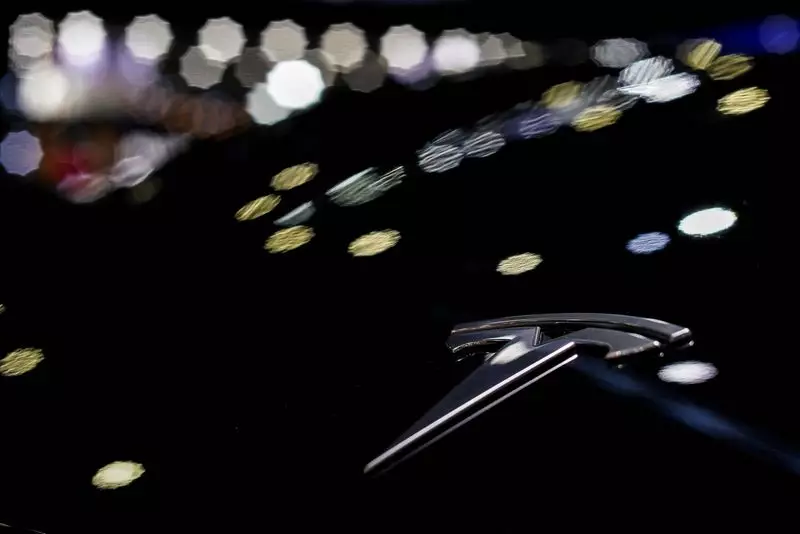JPMorgan Chase, one of the largest financial institutions in the United States, recently moved to withdraw its lawsuit against electric vehicle titan Tesla. This legal battle, which began in November 2021, revolved around a significant financial agreement concerning stock warrants linked to the volatility surrounding Tesla’s share price. The core of the dispute centered on a contract established in 2014, where JPMorgan alleged that Tesla had breached this agreement following a series of high-profile events, particularly Elon Musk’s controversial tweets in August 2018.
In its lawsuit, JPMorgan sought an astonishing $162.2 million, claiming that due to Musk’s tweet stating he might take Tesla private at a price of $420 per share—coupled with the subsequent volatility created by the abandonment of this plan—the warrants’ value was unjustly inflated. According to JPMorgan’s legal arguments, the dramatic increase in Tesla’s stock price following these tweets necessitated a repurchasing of the warrants to maintain their fair market value. Therefore, the bank asserted that it should receive compensation since Tesla had not honored the renegotiated terms.
Tesla responded to these accusations with its counterclaim, stating that JPMorgan was attempting to secure an unfair financial advantage. By adjusting the warrant’s price following the tweets, Tesla argued that JPMorgan was aiming to cash in on an artificial rise in stock value, rather than operate within the original agreement’s parameters. This back-and-forth exchange of lawsuits highlighted not only a financial disagreement but also underscored the complexities of managing corporate communication and regulatory compliance, especially for a high-profile figure like Musk, who has previously encountered scrutiny for his social media presence.
In a surprising turn of events, both companies announced the decision to drop their respective lawsuits with minimal fanfare and no disclosure of any settlement terms. The one-page filing submitted in Manhattan’s court suggested that both parties opted for a pragmatic resolution to avoid protracted litigation, signaling a potential for future collaboration or at least a peaceful coexistence moving forward. It raises the question of whether ongoing legal disputes truly benefit either party in an era of rapid technological change and market volatility.
The resolution of this case reflects broader trends in corporate governance and the intricacies of contract law within the modern age of social media influence. As companies navigate the blurred lines between public relations and legal obligations, this incident may serve as a cautionary tale. For Tesla, the end of this dispute could allow it to refocus on its core mission of innovation in electric vehicles. For JPMorgan, it underscores the necessity of clear contractual frameworks in the volatile world of tech-centric investments.
Ultimately, the conclusion to this chapter in the ongoing saga of corporate litigation leaves us pondering the responsibilities leaders hold in managing public communications and the ever-shifting dynamics of financial agreements.

